Series: The Numbers Series
-
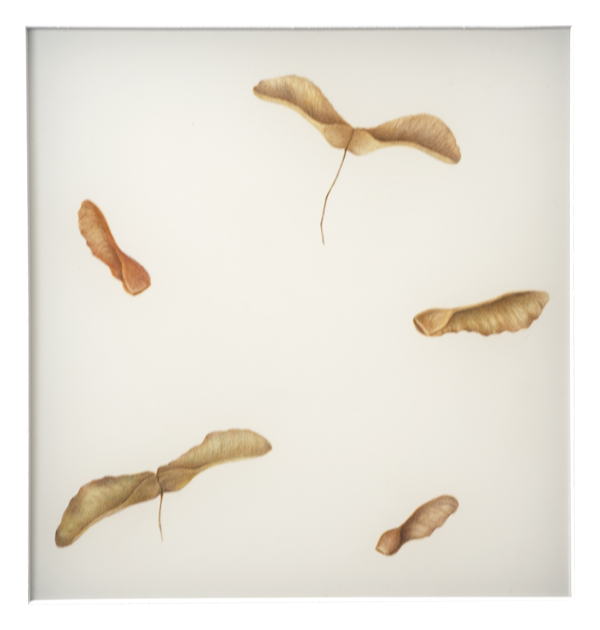
Nine
—
by
Environment A things or system incorporates more than its internal components. Also factored in are timing, placement, other sufficiently complex systems, and possibly non-local information. If you multiply any natural number by 9 and repeatedly add the digits of the answer until it is just one digit, you will end up with 9. 9 is…
-
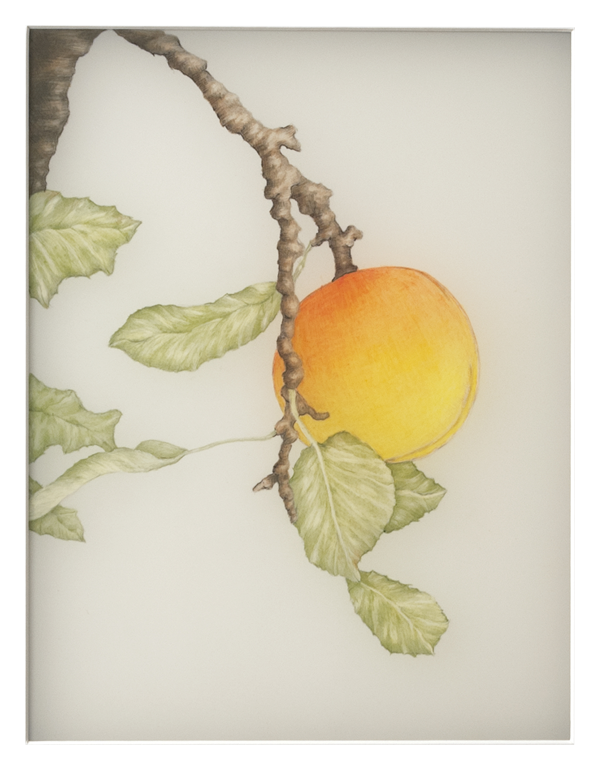
Eight
—
by
Balance Evenly-even, justice Things or systems can breakdown or create something more complex 8 divides evenly back to the source or 1 2x2x2=8
-
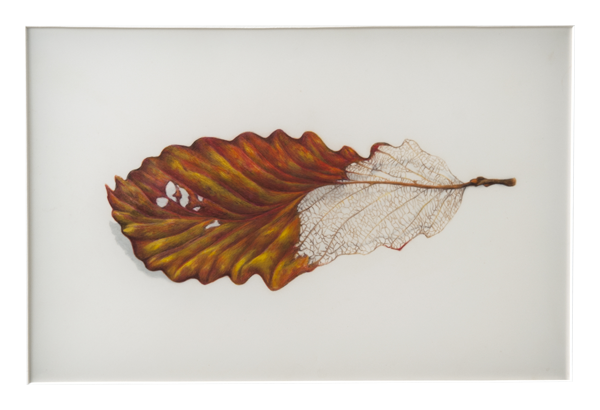
Seven
—
by
Rest/Restoration Ebb and Flow – a required part of any process. 7 is the fourth prime number 1×7=7
-
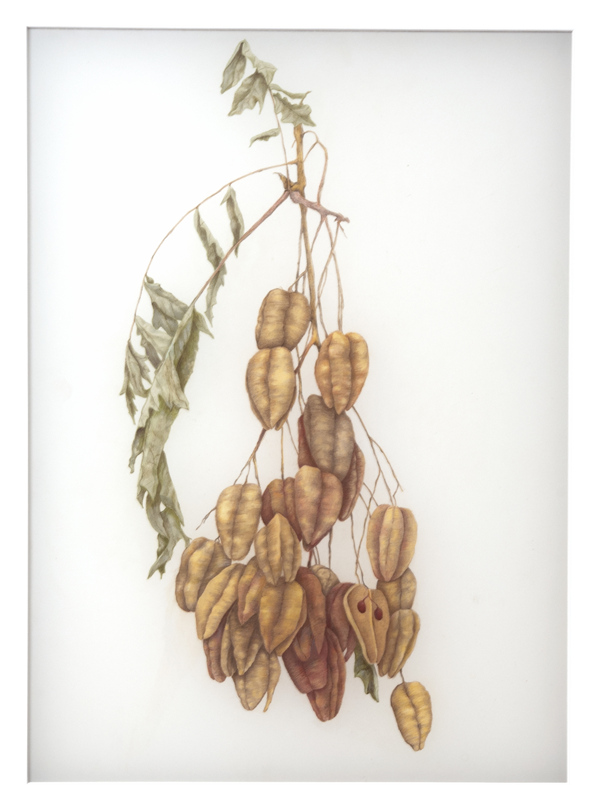
Six
—
by
Community/Groups are formed Efficient Arrangement – Systems seek the simplest way to assemble its components. 6 is the smallest perfect number 1x2x3=6 1+2+3=6
-
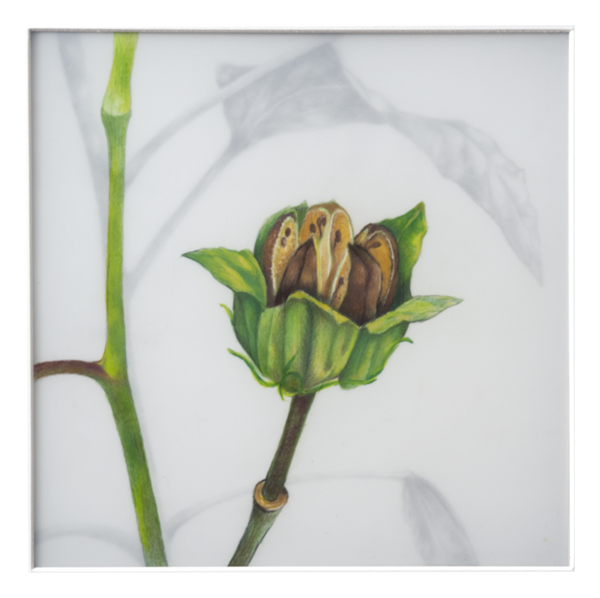
Five
—
by
Regeneration To become more or to make more, (creativity), is an inherent property in all things. 5 is the third prime number 1×5=5
-
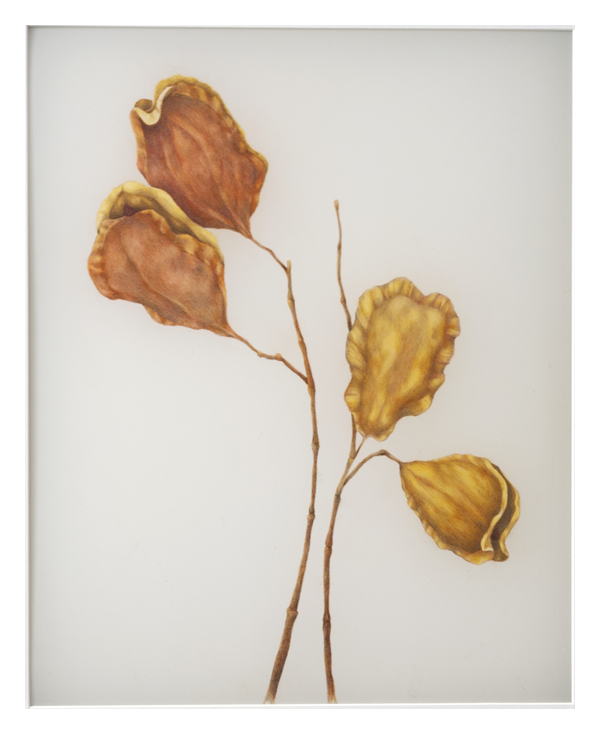
Four
—
by
Building blocks form structures Complexity increases until a thing or a system can support itself 4 is the smallest squared prime (p²) and the only even number in this form. 2²=4
-

Three
—
by
Relationships form initial building blocks. Similarities and differences give rise to attractions, repulsions, and various intermediaries. 3 is the second prime number 1×3=3
-

Two
—
by
Distinctions are made Once a “thing” is defined, immediately “not-that-thing” is defined. 2 is the only even prime number. 1×2=2
-
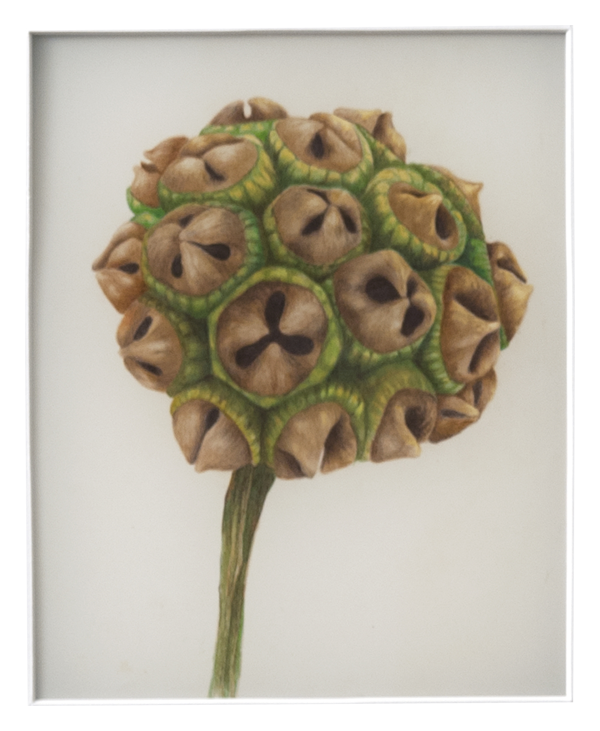
-
The Number Series
—
by
Numbers to us in the “modern” era represent quantities. They show us amounts. It wasn’t always like this. People have always known that numbers keep track of quantities, but that’s a small aspect of their use. They had a deeper Truth. By seeking to understand this Truth, numbers reveal to us something about the nature of…
